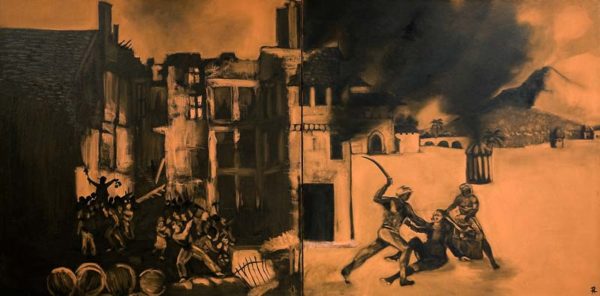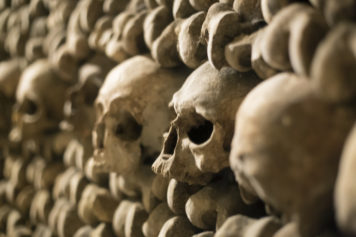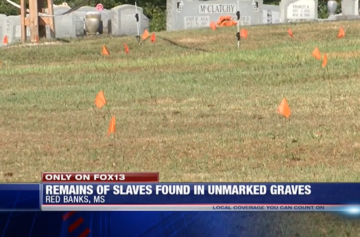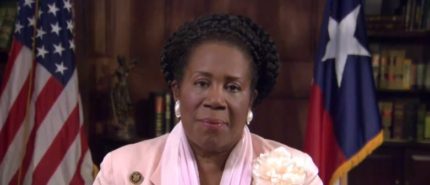Baptist War or The Christmas Uprising
The Christmas Uprising of 1831–32, which was led by Jamaican Baptist preacher, Samuel Sharpe, was a 10-day revolt in which 60,000 of Jamaica’s 300,000 enslaved population engaged in the conflict.
During the Christmas holiday of 1831, Sharpe recited a speech to tens of thousands of his followers, persuading them to stop working unless they receive pay for the labor. When the demands weren’t met, the protest escalated into a full-scale revolt across the western part of Jamaica. The 60,000 men killed several plantation owners and burned several estates, with the Kensington estate being the most popular. The uprising caused $1,865,815.82 in damage, which equals an estimated $84,032,000 in modern terms.
Samuel Sharpe’s Baptist War was the largest uprising in British West Indies history.
Just a week after the war was over, the British Parliament began the process to abolish slavery. After months of debate, the Act for the Abolition of Slavery was passed in Jamaica in 1833.



